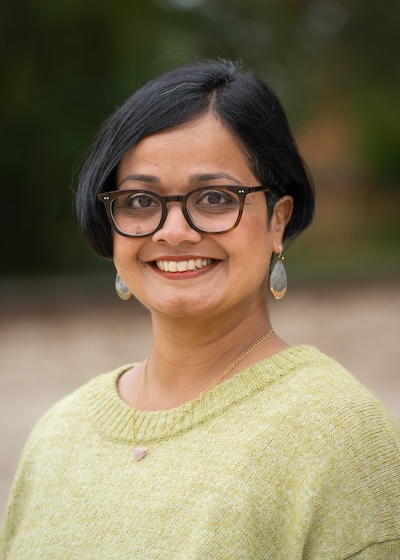
Why do you want to serve on the School Committee?
As a parent of two elementary school students in the Watertown Public Schools and as someone who is an engaged parent and community volunteer, I am invested in the quality of the education and the environment that our students are learning in. There are many important investments that Watertown has made in the public schools, and it’s important to me to ensure that this work continues and is protected despite other potential threats at the state and federal levels.
Tell voters about your background and qualifications for being a School Committee member.
I have a Master’s degree in Public Health and the majority of my direct public health work was focused on helping colleges and universities implement programs focused on mental health and suicide prevention. About 9 years ago, I transitioned into career services in higher ed and am currently the Director of Career and Professional Development at the Harvard T.H. Chan School of Public Health where I help public health graduate students get jobs.
How can the district make sure that all students and their families feel welcome, and are getting the most from their experience in the Watertown Public Schools?
As a second-generation Indian-American, I have had a lot of conversations with other immigrant families who are new to the American public education system. There needs to be understanding between educators, administrators, and families on what meaningful engagement looks like, and why it’s valued. There’s a concept in education called the “windows and mirrors” framework that is used when creating inclusive curriculum. The goal is to expose students to new viewpoints they haven’t heard before while also being presented with opportunities that positively reflect back to them their culture and identity. This idea translates to the overall culture of the school when it comes to welcoming students and families from diverse backgrounds.
Watertown has an opportunity to completely renovate or rebuild Watertown Middle School and use the temporary school currently at Moxley Field. How would you like Watertown to proceed with this project?
I share the concerns of other elected officials in understanding that we’re entering a period of economic uncertainty in the upcoming year and whether we have the budget to fund a complete renovation or rebuild. At the same time, it will be important for the city and district to retain the increase in enrollment we’ve seen at the elementary level for students who have had the benefit of modern learning spaces and brand-new buildings. I am most concerned about the accessibility issues in the building, how the existing layout reflects our current instructional practices, any crowding issues in the hallway or classrooms, and staff spaces that make our teachers feel valued and supported.
The district is considering a policy banning use of cellphones and other personal electronic devices from the beginning of school to the final bell. Would you support this policy, and why?
Yes, 100%. We have enough research to show how access to cellphones and social media among young people impacts their social, emotional, and cognitive abilities. I tell the students I work with that their ability to focus and their time are two of their most precious resources when it comes to achieving their goals. The Personal Electronic Device Task Force made up of educators, caregivers, and School Committee members came up with a well-researched report and thorough set of recommendations that should inform any of the decisions we make.
The budget has been tight in recent years, but if the district had an opportunity to add programs, which one would you choose first?
It’s hard to choose one. In a world of growing AI, our students need to develop a solid foundation in statistics, linguistics, and media literacy so they understand how AI works and can identify when it’s being used. Along with media literacy, developing skills related to constructive disagreement, how to evaluate information, and create a well thought-out argument will also set our students up for success.
During your campaign, what was the biggest issue or concern for voters when you spoke to them about the Watertown Schools?
I heard many families bring up the lack of access to aftercare as a barrier that negatively impacts their work schedules, along with concerns about cuts to federal funding that will impact public education, and how the presence of ICE in Watertown impacts immigrant families. My public health training has helped me develop skills in how communities can approach solving problems, and I will bring that skillset with me to the Watertown School Committee.